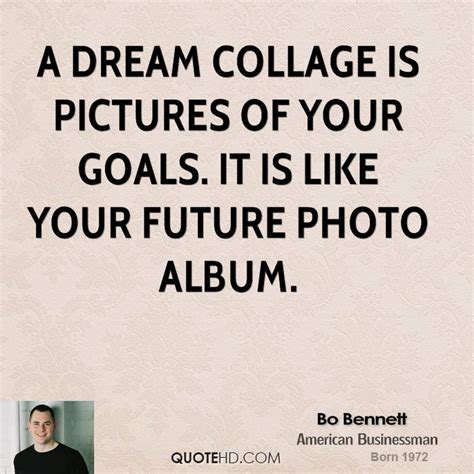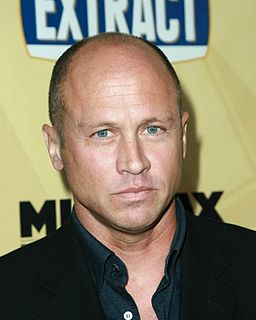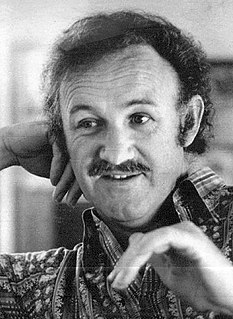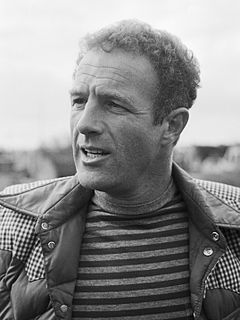A Quote by Sara Shepard
I love books about dysfunctional families.
Quote Topics
Related Quotes
I started reading Dickens when I was about 12, and I particularly liked all of the orphan books. I always liked books about young people who are left on their own with the world, and the four children's books I've written feature that very thing: children that are abandoned by their families or running away from their families or ignored by their families and having to grow up quicker than they should, like David Copperfield - having to be the hero of their own story.
I talk all the time about how much I read growing up and how much I love Stephen King and how he impacted my work from a genre perspective, but Pat Conroy wrote some of the most magnificent stories about characters who had to deal with dysfunctional families and try to find a place of honor in their own world and the pain of loss.



































